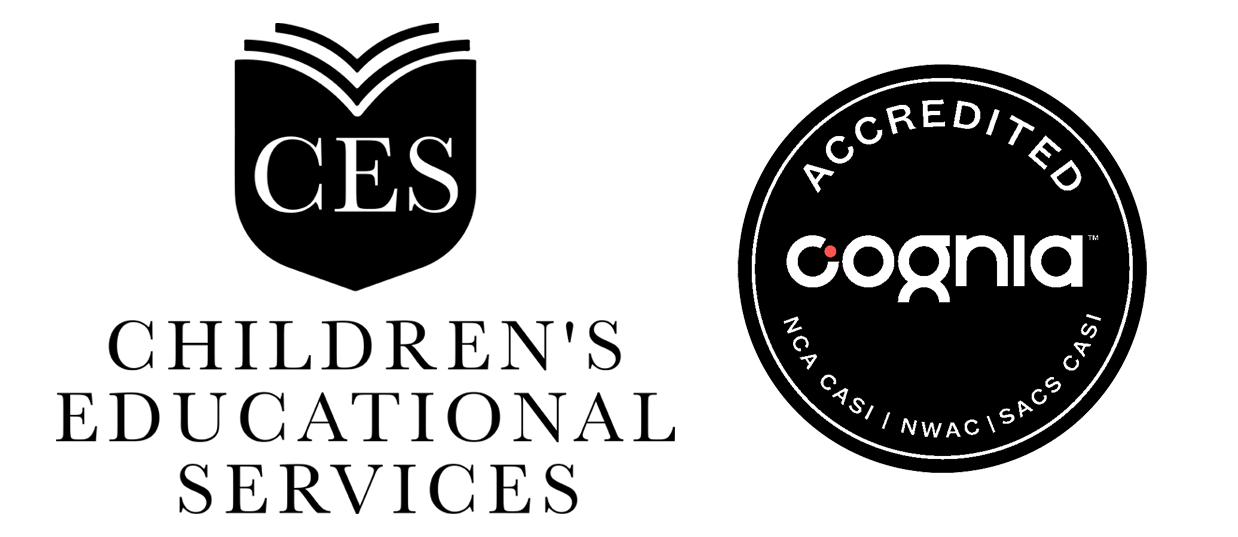
As parents of a child with a learning disability, do you know what to ask during the special education process? Here’s some expert advice to guide you.
Being familiar with special education processes and professionals is crucial to advocating effectively for your child. But equally important are knowing the answers to three key questions.
1. Are most teachers able to instruct my child with disabilities?
The answer should be “yes,” but there are realities to consider. The position of special education teacher is one that is hard to fill — and one that has extremely high turnover rates. It is difficult to find highly qualified special educators to hire for each empty position, and even more difficult to retain these teachers because of the uniquely stressful jobs they hold. This may mean that your child’s special education teacher is not currently highly qualified, but is in the process of becoming so.
In addition, general education teachers and administrators are not trained extensively to work with students who have disabilities. While they receive some courses in teacher preparation programs and ought to have professional development options available from the district or state, their experience and credentials in special education are generally limited. This is one of the reasons why it is so important to have a team dedicated to working collaboratively to address your child’s individual needs — and for you to both be her advocate at school and to support the team’s work at home.
2. What should I pay attention to when looking at schools for my child?
# Special education teacher
If you are considering a new school for your child, contact the special education teacher immediately. The first thing to look for in this individual is a willing attitude and an empathetic spirit. You will need a teacher who understands your specific family’s circumstances and does not compare you with any other student or family that she works with. Your situation needs to be handled individually, and the special education teacher should take on that role happily.
You also want a special education teacher who is open to your feedback and concerns, is collaborative with general education teachers, and is an advocate for your child’s needs. Being a special education teacher is grueling work, and it carries additional responsibilities that require tremendous amounts of time and energy. That said, a strong special education teacher will put in this effort to support your child’s achievement. Find that teacher.
# Educational websites
A website is the first opportunity a district or school has to introduce itself to student families. At the district level, read through the mission and vision statements for student success, paying particular attention to the ways in which they speak of supporting all learners.
You can check out Noodle school profiles to find information about each institution’s student body and learning outcomes, student-to-teacher ratios, and demographic facts. You’ll also find links to each institution’s website on these pages. Try to get a feel for the school culture. What kind of language and phrases do they use on their website? Do they show images of students? Do they schedule regular opportunities for parental involvement?
You should also look at the programs that they offer. Are there services for English Language Learners (ELLs)? What about before- and after-school tutoring support? What types of special education programs do they provide, and how many staff do they have on hand? Do they have a school psychologist, counselor, occupational therapist, physical therapist, or speech-language pathologist on staff?
# Community Resources
Research the types of resources that are available in the community surrounding the school. You might look into after-school care, tutoring, specialized services like occupational or physical therapy, doctors, and so on. If you need help, ask the school’s counselor, psychologist, or special education teacher whether they have a list of available resources.
# “Feeder” Schools
Make sure you are familiar with the schools that your child’s elementary school “feeds” into — which middle school would she attend? Which high school? Begin considering whether these schools, their program offerings, and their extracurricular activities are appropriate for your child’s needs. In many communities, the friends that your child makes in elementary school will attend the same middle and high schools, and you want to know that there’s a good path for her to move forward on as she transitions to each new stage of her education.
3. What is the most important thing to remember in advocating for my child with disabilities?
Your child’s journey through the special education system can be intimidating — but you must hold on to the belief that you know your child best. You may run into teachers or providers who do not agree with this sentiment and who may insist upon particular supports for your child. You may even run into professionals who seem apathetic to your family’s circumstances or your child’s needs.
It is useful to listen to what the educational experts have to say, to ask questions, and to discuss their suggestions thoroughly. If you still feel as if your child’s needs aren’t being met, present your concerns and advocate for her. Ask questions about available services, about which options haven’t yet been explored, and about the evidence that supports the experts’ suggestions.
Source: Noodle


